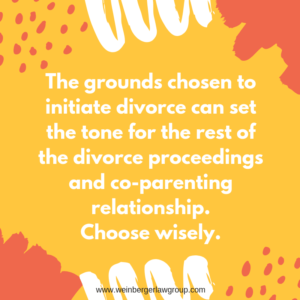Discovery Can Take a While
Discovery is often a lengthy process that can seem to drag on…and perhaps be a stressful or anxious time—but it doesn’t have to be. If both parties are upfront and cooperate fully, the discovery process could be sped up. You will be asked to provide detailed and accurate information about your financial status, current and projected needs of your household (which includes all individuals currently being supported by you and/or your spouse), and the household budget among other things.
A “Case Information Statement” must be provided by both parties, and include all information about debts and assets; information like retirement funds, pension values, bank accounts, and tax returns must, of course, be provided and reviewed by each spouse’s attorney, but real estate values and vocational earning estimates may also be asked for. Everything should be taken into account during this stage in the divorce proceedings. Making sure both parties leave the marriage taken care of and able to care for themselves and their dependents are crucial.
Both parties want to be able to negotiate the divorce fairly, and if all information is provided from the start, that shouldn’t be an issue. Divorce may take a while—longer than you would prefer, anyway—but it is important to make sure you have all information necessary to make good and informed decisions about your family’s future with your New Jersey divorce lawyer


